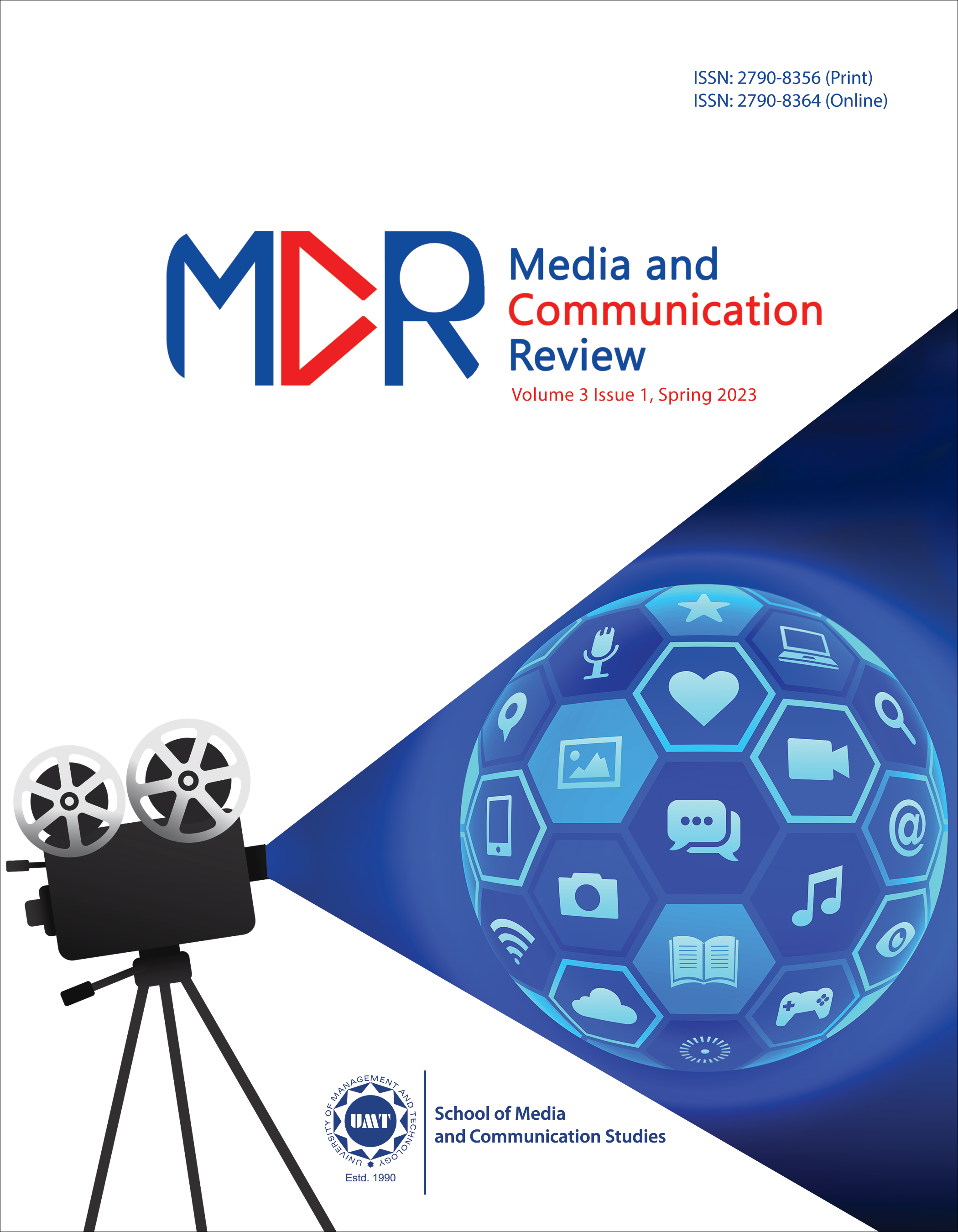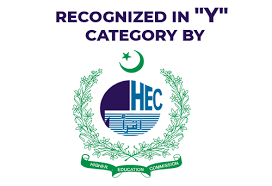Nigerian Communication Scholars’ Perception of Social Media Hate Speech Regulation in a Culturally Diverse Nation-State
Abstract
 Abstract Views: 0
Abstract Views: 0
The Internet and digital media technologies have opened a wide range of communication avenues and expanded the public sphere. Notable among these avenues which offer an alternative communication model are social media, with attendant merits of interactivity, increased participation in public discourse, open-source information dissemination, easy content generation and distribution, disintermediation, instantaneous transmission, low cost of usage and narrowness of information boundaries. Conversely, hate speech is one of the attendant ills of the social media, with far-reaching consequences on victims’ rights and societal well-being. Due to its damaging effects, social media hate speech has generated controversies which have attracted legal and administrative regulations. The diversity in the socio-cultural composition of Nigeria makes what constitutes social media hate speech, the multiplicity of its effects and its regulation more controversial. Meanwhile, media education is crucial to shaping communication policies and giving direction to regulations. This study considered media scholars as crucial stakeholders in determining the direction of hate speech regulation. The study adopted descriptive survey research design and administered self-structured online questionnaire on 106 scholars drawn from 46 higher institutions offering communication-related courses in Southwest Nigeria. The study revealed that communication scholars had a high level of knowledge about the prevalence of social media hate speech and its regulations. They perceived political reasons and suppression of expression as the motivations for government regulation of social media hate speech in Nigeria. Results also showed that Nigeria’s cultural diversity posed no challenge to social media hate speech regulation, and regulation had no implications on her unity. The study recommended government sincerity, sound legal framework, sites’ operators’ self-regulation and ethical re-orientation as measures to effectively regulate social media hate speech.
Downloads
References
Abdullateef, M. (2021). Regulating social media in Nigeria: A quantitative perception study. Nile Journal of Political Science, 2(1), 52–77.
Alkali, T. T., Faga, H. P., & Mbursa, J. (2017). Perception of hate speech and foul language in the social media in Nigeria. Academicus International Scientific Journal, 15, 161–178.
Ayansola, A. O., & Oamen, F. (2017). A study of online hate speeches: Legitimation processes by Nigerian political actors. LWATI: A Journal of Contemporary Research, 16(1), 172–193.
Chukwuere, J. E., & Chukwuere, P. C. (2017). The impact of social media on social lifestyle: A case study of university female students. Gender and Behaviour, 15(4), 9966–9981.
Dominick, J. R. (2011). The dynamics of mass communication: Media in transition (11th ed.). McGraw Hill Incorporated.
Flichy, P. (2010). The internet imaginaire. Massachusetts Institute of Technology Press.
Gelashvili, T. (2018). Hate speech on social media: Implications of regulation and governance gaps [Master thesis]. Lund University, Sweden. https://lup.lub.lu.se/luur/download?func=downloadFile&recordOId=8952399&fileOId=8952403
Gripsrud, J., Hallvard, M., Anders, M., & Graham, M. (Eds.). (2010). The Idea of the Public Sphere: A reader. Lexington Books.
Habermas, J. (1989). The structural transformation of the public sphere: An inquiry into a category of bourgeois society. Massachusetts Institute of Technology Press.
Koncavar, A. (2013). Hate speech in new media. Academic Journal of Interdisciplinary Studies, 2(8), 675–681. https://doi.org/10.5901/ajis.2013.v2n8p675
Krejcie, R. V., & Morgan, D. W. (1970). Determining sample size for research activities. Educational and Psychological Measurement, 30(3), 607–610. https://doi.org/10.1177/001316447003000308
McNulty, N. (2021). Navigating the information maze: The imperative of media literacy in the digital age. https://www.niallmcnulty.com/2021/06/why-is-media-literacy-important/
McQuail, D. (2010). McQuail’s mass communication theory. Sage Publications.
Nielsen, B. L. (2017). The case for restricting hate speech. Los Angeles Times. https://www.latimes.com/opinion/op-ed/la-oe-nielsen-free-speech-hate-20170621- story.html
Ogbuoshi, L., I., Oyeleke, A. S., & Folorunsho, O. M. (2019). Opinion leaders’ perception on hate speech and fake news reporting and Nigeria’s political stability. In N. Owens-Ibbie (Ed.), Fake news and hate speech: Narratives of political stability (pp. 45–67). Canada University Press.
Olufunke, A. M. (2019). Hate speech and its effects on the Nigerian communities: A case study of Ibadan Metropolis, Oyo State. https://www.semanticscholar.org/paper/Hate-Speech-and-Its-Effects-on-the-Nigerian-%3A-A-of-Olufunke/9ccda39ab7adca3d337328a59cbb489c91d24ee5.
Oriola, M. O. (2014). Surveillance potentials and limitations of traditional mass media and social media: A comparison. Ijagun Journal of Social and Management Sciences, 4(1), 54–68.
Oriola, M. O. (2022). Flattening the hate speech curve in today’s digital age: An appraisal of regulatory frameworks in Nigeria. OUSL Journal, 17(1), 97–118. http://doi.org/10.4038/ouslj.v17i1.7515
Siripurapu, A., & Merrow, W. (2021, February 9). Social media and online speech: How should countries regulate tech giants? Council on Foreign Relations. https://www.cfr.org/in-brief/social-media-and-online-speech-how-should-countries-regulate-tech-giants
Waltman, M. S., & Ashely, A. M. (2017). Understanding hate speech. In Oxford Research Encyclopedia of Communication. https://doi.org/10.1093/acrefore/9780190228613.013.422
Wessler, H., & Freudenthaler, R. (2018). Oxford bibliographies. Oxford University Press. https://doi.org/10.1093/obo/9780199756841-0030
Copyright (c) 2024 Dr Oluwakemi Oriola

This work is licensed under a Creative Commons Attribution 4.0 International License.




